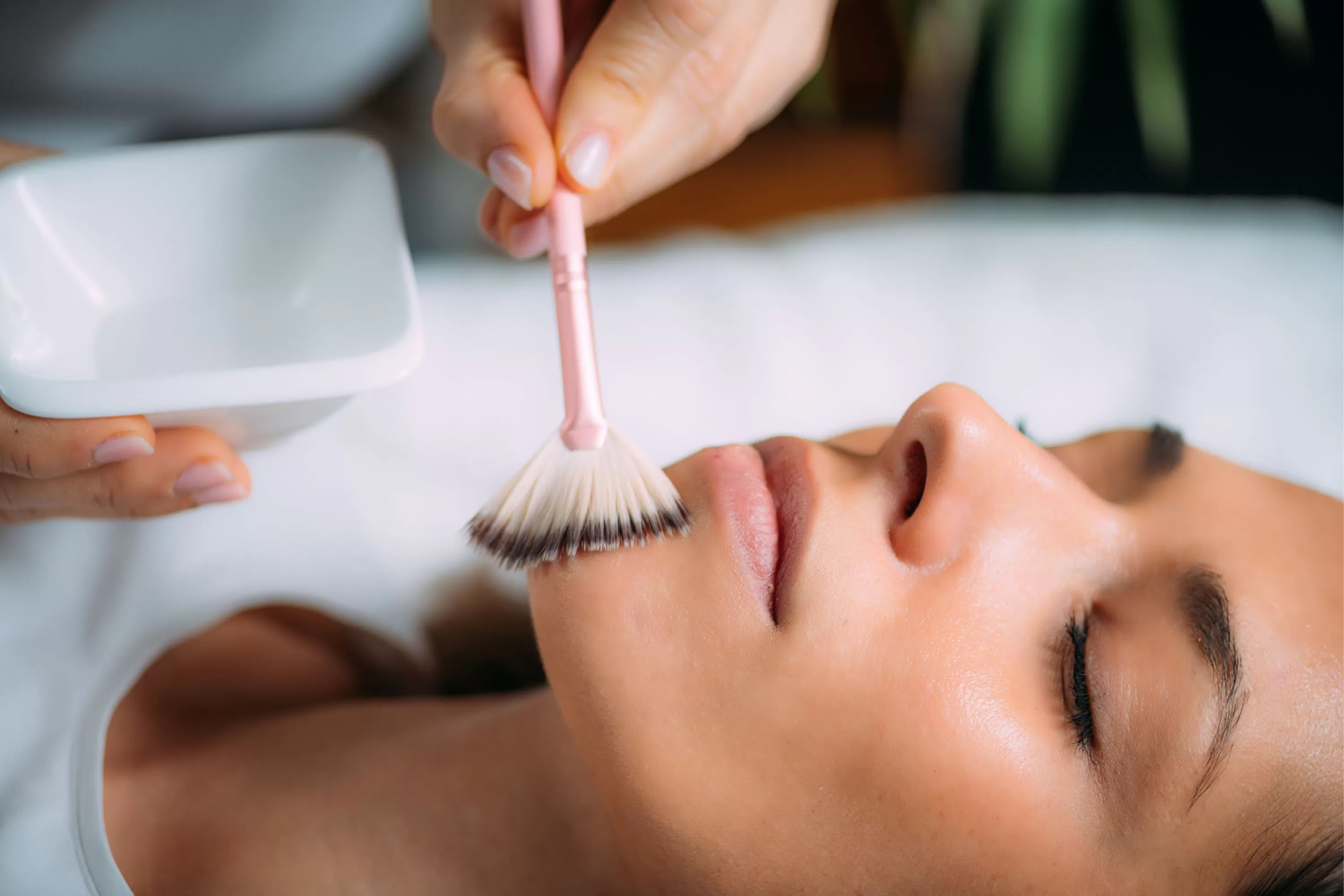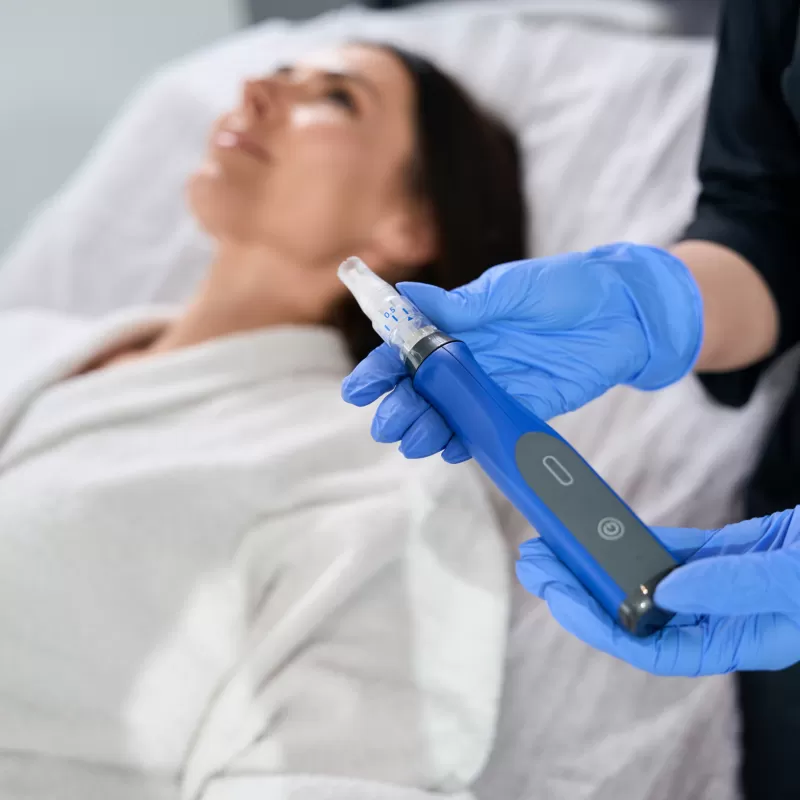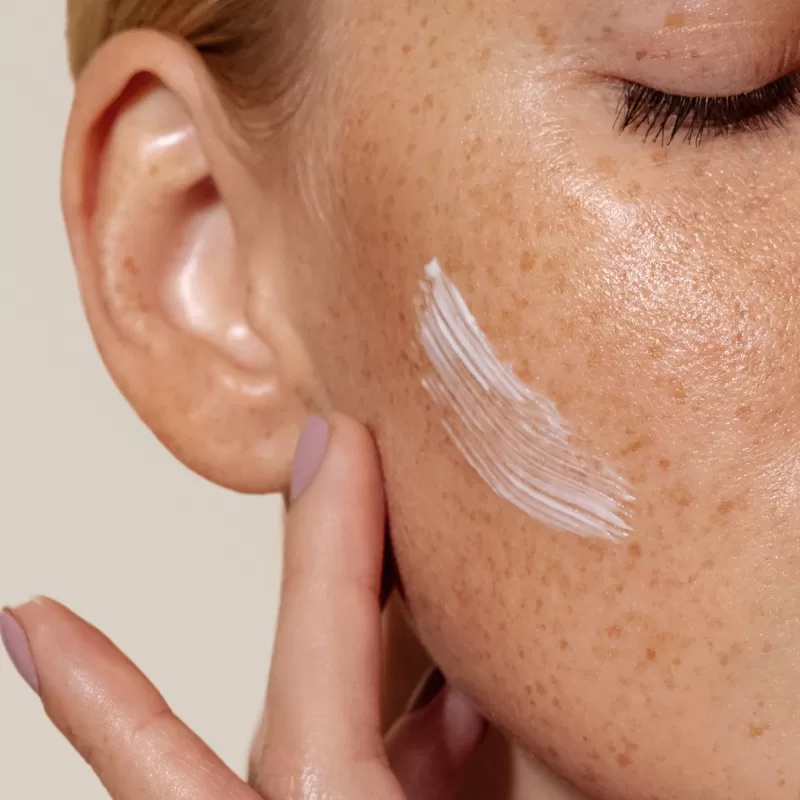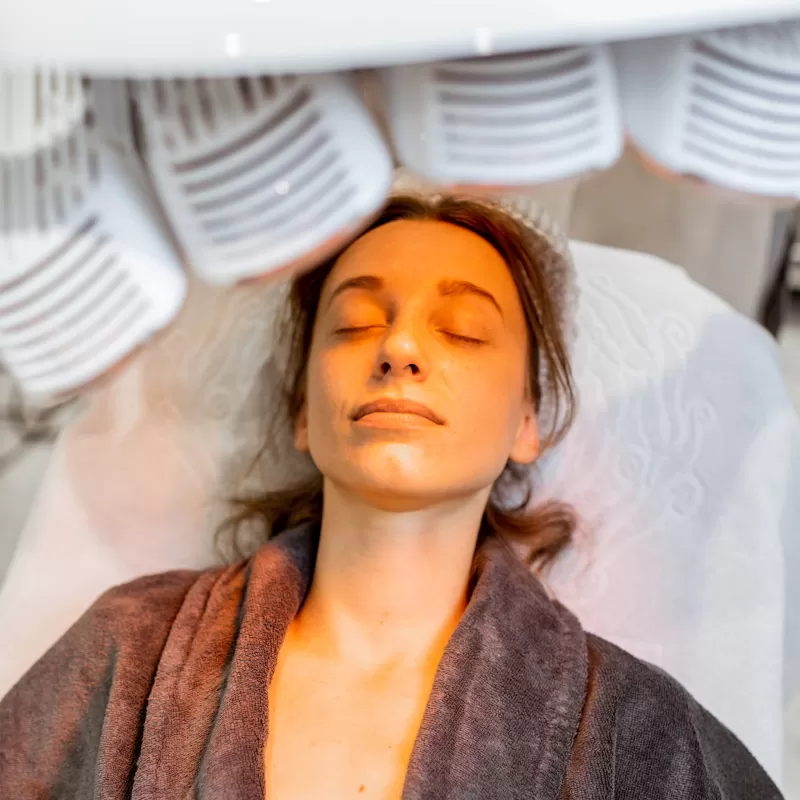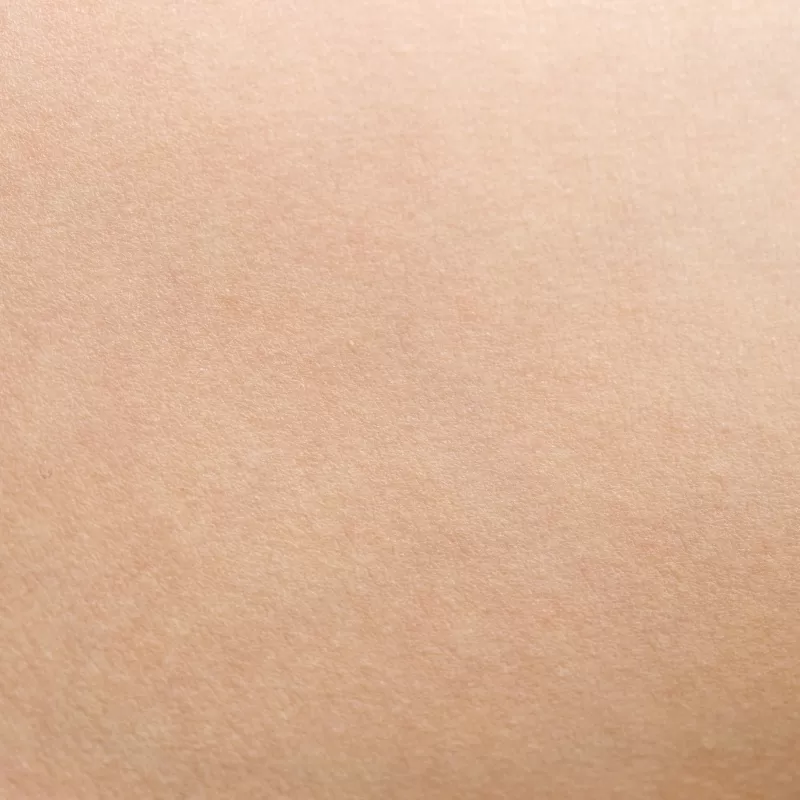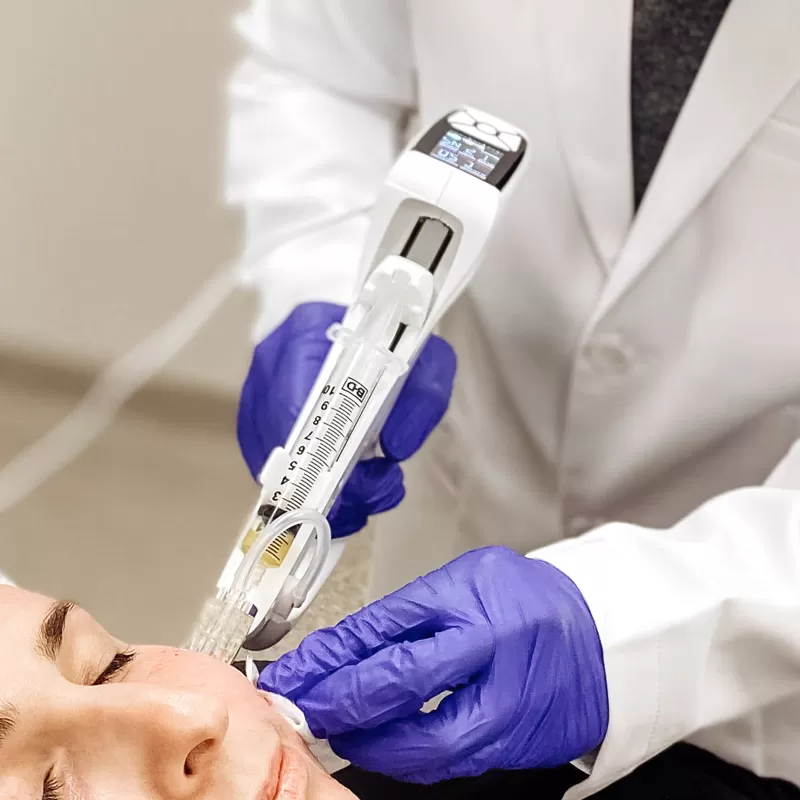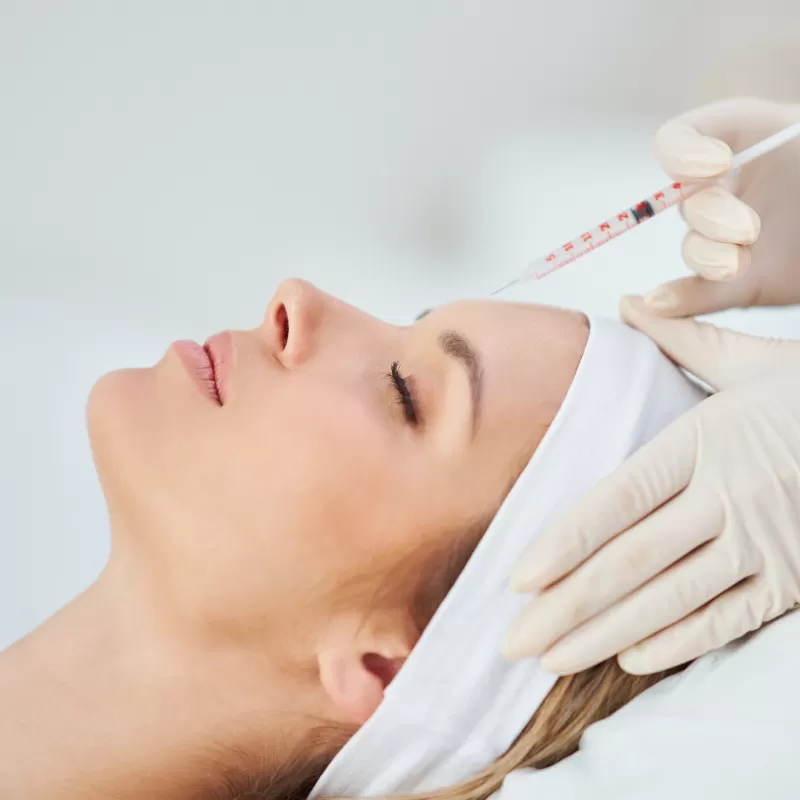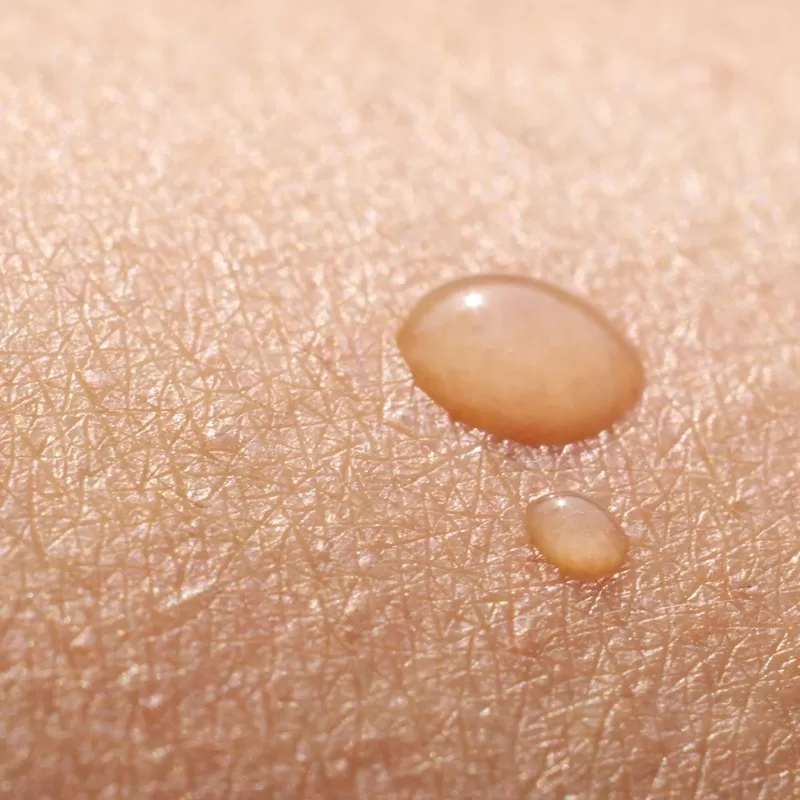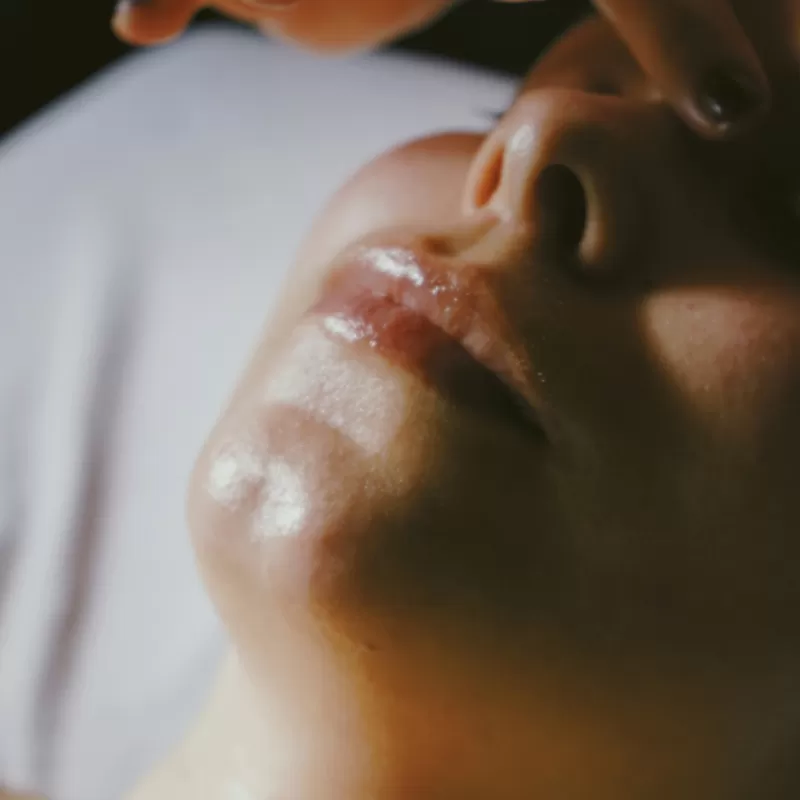Chemical Peels
Chemical Peels
Treatment
Dreaming of a complexion free from sun damage, pigmentation, dull and dry skin? Reveal clearer, hydrated, smoother skin with our medical grade chemical peels today at The R Clinic.
Overview
Overview
Smooth and refresh your skin with a medical grade chemical peel at The R Clinic. A chemical peel also known as facial peels is a treatment method used to enhance the quality of skin. Chemical peels are commonly used on the face, neck, chest and hands, and are an effective means of treating a wide variety of skin conditions. Chemical peels help to replenish skin cells, hydrate the skin and revitalise and rejuvenate damaged skin, resulting in dramatically improved skin appearance.
How it works
How it works
Chemical peels break down and remove the bonds holding the top layers of the skin together, eliminating dead, dry skin cells on the outer surface to reveal healthier skin cells underneath. Superficial imperfections like pigmentation marks may be removed at the time of the procedure for a clearer complexion. The exfoliation process offered by the peel treatment also stimulates a controlled about of inflammation and induces collagen remodeling, resulting in thicker, healthier skin over time and an improvement in your appearance overall.
Why we use chemical peels?
Why we use chemical peels?
Chemical Peels are an effective way to improve several different skin conditions, mainly targeting concerns on the face and neck. Chemical peels are often used to induce collagen remodeling and therefore improve sun-damaged skin, exfoliate dry skin, deeply cleanse the pores, minimise breakouts, reduce superficial pigmentation, improve skin texture and tone, reduce fine lines and brighten a dull complexion.
Treatments are often pain free, non-invasive, and fast. They can be performed in a lunch break in as little as 20 minutes. They are also affordable for any budget, making them a suitable addition to your skin care regime.
Expected result
Expected result
Our patients are always reminded that changes to the skin take a long time to accumulate, so it shouldn’t be surprising that it takes time to correct irregularities and damage. The results of your chemical peel treatment plan will depend on the time you invest and your commitment to consistent treatment and at-home care. Usually, the ideal outcome can be achieved via a series of synergistic chemical peels. At The R Clinic, we will help you develop a peel programme that specifically targets your skin concerns.
- Treatment Time – 60 Mins
- Discomfort – Mild
- Recovery – 2-3 Days
Preparation & Aftercare
Preparation
Preparation
It is recommended to have a skin consultation a couple of weeks before your treatment to select an appropriate peel for your skin type and problem. If necessary, you will be given steps to prepare the skin for two weeks prior to your appointment. This encourages better penetration of the peel, increases effectiveness, and reduces any complications such as post-inflammatory hyperpigmentation.
During procedure
During procedure
When you come to The R Clinic for your treatment, we will start by cleansing your skin and applying a peel prep solution if needed. The peel is then applied for a prescribed period ranging from five to 10 minutes. Rest assured that our team will be closely supervising the process to ensure that your skin is reacting well to the peel solution. There may be mild stinging while the ingredients work in the dermis. The peel is then neutralised, and serums and sunscreen are applied post-treatment to protect the skin and promote healthy healing.
Aftercare
Aftercare
- Makeup may be worn 24 hours after the treatment and mineral makeup is preferable.
- For 1-2 weeks following treatment, non-occlusive, hydrating moisturizer should be applied at least twice daily to decrease the appearance of flaking.
- Avoid picking, scrubbing, exfoliating, or abrading sensitive or peeling skin as this may result in irritation and increase risk of pigmentation changes and scarring.
- Avoid becoming overheated, perspiring excessively, using hot tubs, steam rooms, saunas, or excessive hot showers in the first few days after treatment.
- Avoid hot tubs, swimming, and other water activities for 2-4 weeks.
- Strict sun and tanning bed avoidance for 2-4 weeks after treatment and use a broad-spectrum sunscreen with SPF 50 containing zinc or titanium daily.
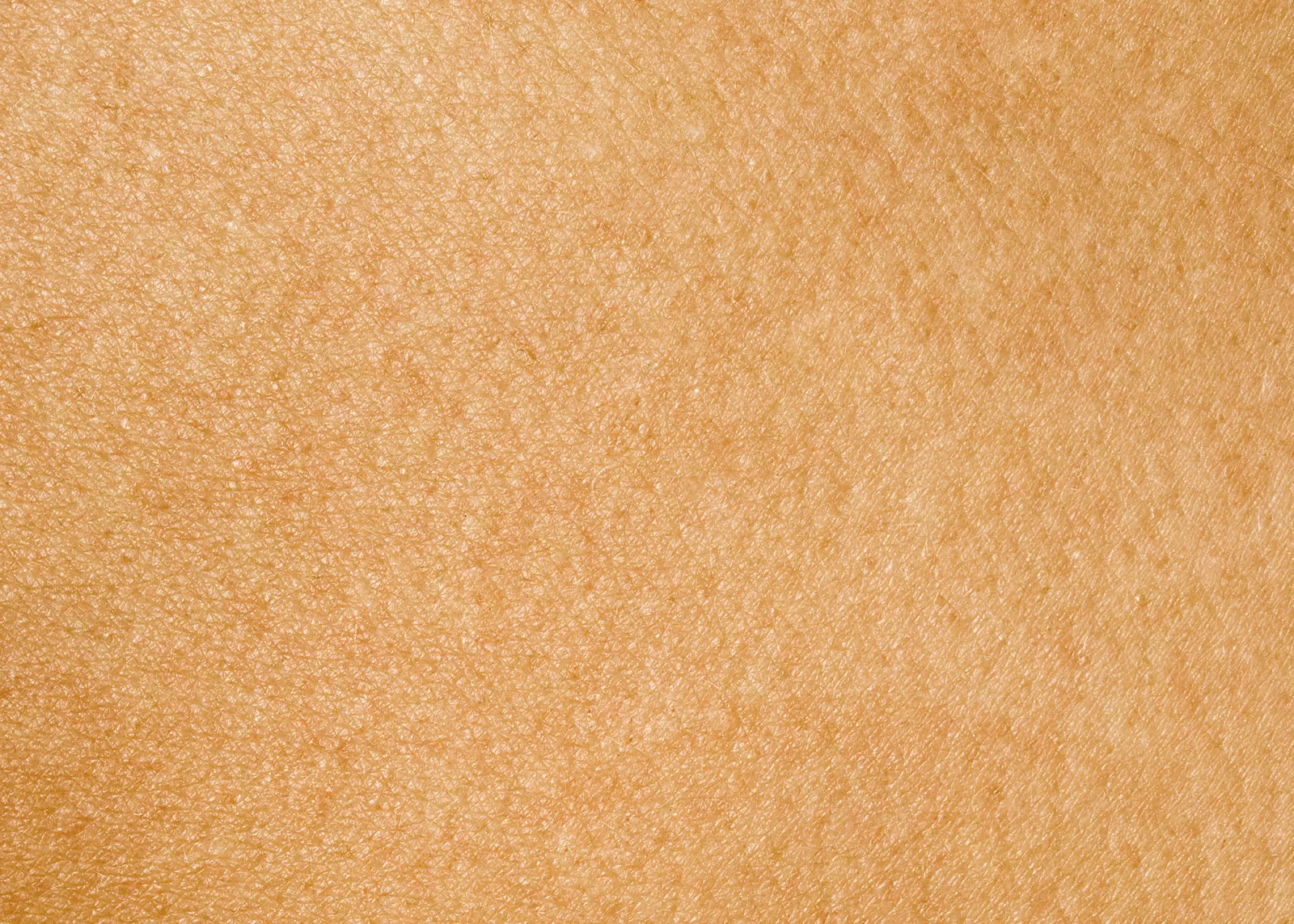
Real Results
Pricing & Packages
Chemical Peel
- Advanced Medical Grade Peel $250
Chemical Peel Package
- Skin Perfecting Peel Programme – x3 medical grade professional peels From $675
- Ultra Brightening Peel Programme – x4 medical grade professional peels From $860
- Ageless Peel Programme – x5 medical grade professional peels $1000
FAQ
Have further questions or want to learn more?
What skin concerns can chemical peel treat?
Medical-grade chemical peels are used to treat common skin concerns such as:
- ageing
- sun damage
- pigmentation
- melasma
- uneven skin tone and texture
- fine lines and wrinkles
- acne
- acne scarring
- redness
- rosacea
What are the different choices in chemical peels?
There are different types of chemical peels available on the market, which vary in strength and are classified according to the depth of treatment: Extra-light, Superficial, Medium and Deep. Here at The R Clinic, we offer extra-light, superficial and medium chemical peels. A well-scheduled regimen of these peels can provide the same aesthetic outcomes as a deep peel, with little to no downtime, and far less risk.
How will I look right after my treatment?
The skin may be slightly red and irritated right after the procedure, but this can be covered up with makeup after a few hours. There may be mild skin peeling three to five days post treatment, depending on the type and strength of the peel, after which your complexion will look healthier and rejuvenated. We recommend that you keep your skin protected from the sun for three to five days post-peel, as it will be especially sensitive to UV rays during the peeling process. It is important to not pick at any peeling as this can delay healing and increase the risk of infection and scarring. Here at The R Clinic, we will provide you with more detailed aftercare instructions based on the type of peel administered.
Are there any risks associated with the peels?
Medical chemical peels are safe and effective if performed by a trained professional. Medium chemical peels have a slightly longer downtime than for superficial peels, but compared to deep peels, the risk for complications is much lower. However, we will give you all the information necessary to minimise the risks and ensure the best possible results from your treatment.
In some cases, abnormal pigmentation can occur. This side effect can be minimised by avoiding the sun after treatment in most cases. If pigmentation does occur, prescriptive lightening creams may be recommended. Infection and scarring can also occur if the peeling skin is picked or scratched. These complications may require treatment with antibiotics or antivirals; however, prevention is always best. If you are concerned about post-peel flaking and itchiness, let us know. Your cosmetic doctor will provide you with more information on how to keep your skin comfortable.
What are the counter-indications to chemical peels?
Chemical peels should be avoided if any of the following conditions are present:
- Active cold sores, herpes simplex or warts in the area to be treated
- Wounded, sunburned or excessively sensitive skin
- Accutane use within the last year
- History of recent chemotherapy or radiation therapy
- Allergies to aspirin
- Women who are pregnant or actively breastfeeding
- Patients with Vitiligo
- Patients with a history of autoimmune disease (such as rheumatoid arthritis, psoriasis, lupus, multiple sclerosis) or any condition that may weaken their immune system
Why did I not have any visible peeling after my peel?
The success of the peel should not be judged by the amount of peeling, but by the end results that the peel will produce. The amount of peeling may vary depending on individual skin condition or type of chemical peel used. Regardless of the degree of peeling, the skin is still sloughing off at an accelerated rate, resulting in the improvement of skin tone and texture and an improvement of fine lines and uneven pigmentation.
